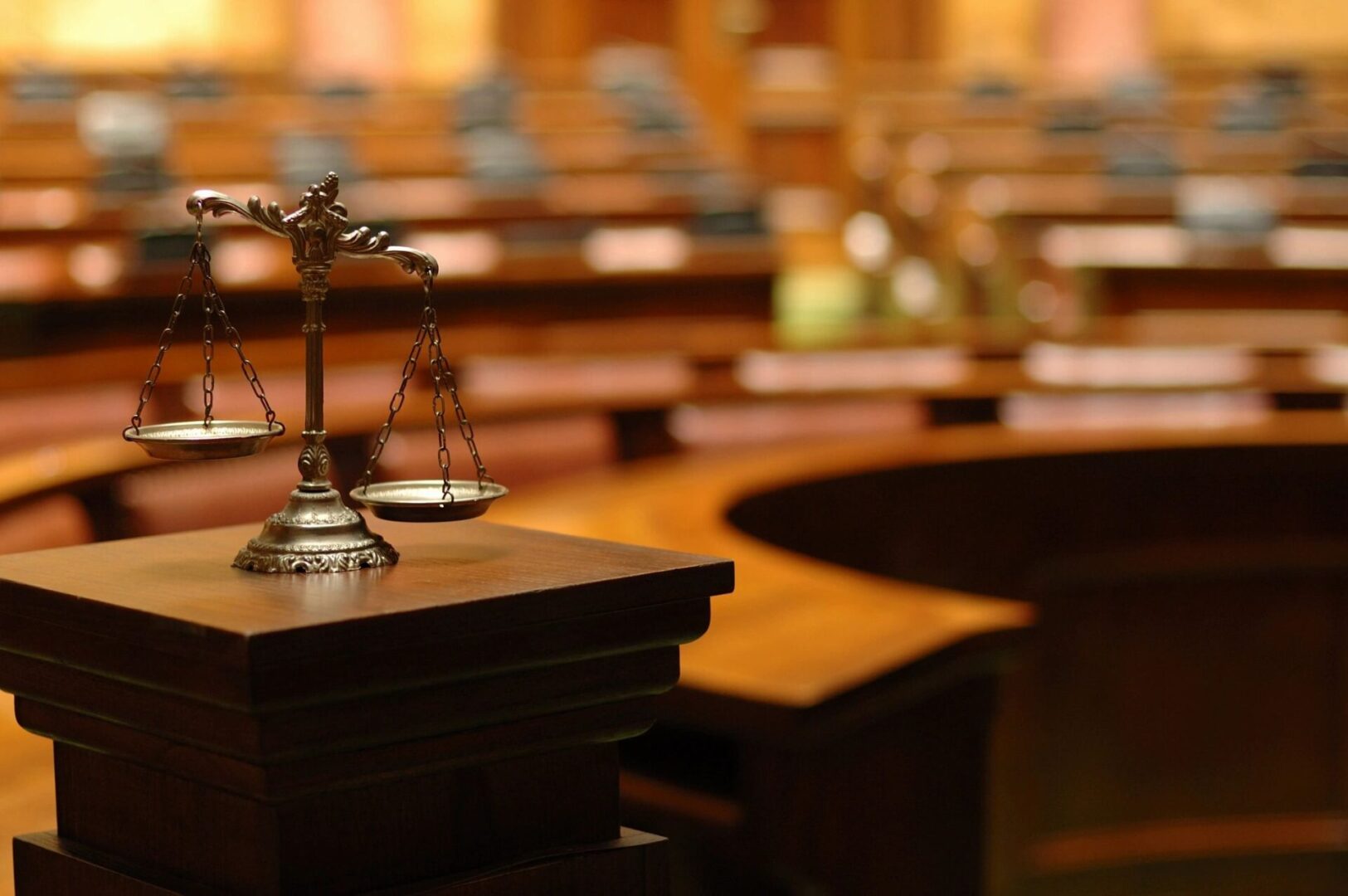Expert Work
Experts are persons with special knowledge, skill, experience, training, and/or education beyond ordinary members of the public. The role of experts will vary from case to case. Sometimes an expert will serve solely as a consultant to the lawyer and remain in the background, without his or her name ever being known to the other side. At other times an expert will be used in the pre-trial stages, perhaps to give an affidavit supporting an element of the case, completing an assessment, exam, report, etc. In other cases, the expert may serve solely as an expert witness at trial. Sometimes an expert will play a combination of these roles.
My expert work is used to determine damages in personal injury cases (for plaintiff or defense), IMEs, or capacity evaluations to determine testamentary capacity. I am regularly asked to complete medical file reviews, disability reviews, diagnosis in disability determination, and peer reviews.

Type of Work Experts And Consultants Perform
Lawyers tend to be generalists, not specialists in the specific field that may be at the heart of a case. Consider a lawyer determining whether to bring a medical malpractice case against a surgeon or a hospital and/or launch a product defect case against a manufacturer of medical equipment after a cardiac patient’s death. The lawyer is not a cardiac expert and needs to consult with experts in cardiac-related medicine to review and understand the available alternatives to properly treat the patient’s particular condition.
Ultimately, if a case is not settled, there is a trial. Expert testimony is often presented to help persuade the judge, the jury, or arbitrators.
Lawyers often use experts to evaluate a case and determine whether a claim has merit, such as what caused an auto accident – driver carelessness, faulty brakes, a highway design defect, or something else. Other times, experts will evaluate the nature and extent of the damages sustained, the likely loss of earnings capacity and income a claimant has sustained, for use in settlement negotiations.
Experts are frequently used to test potential evidence items – was the brake lining built to standards or damaged by faulty installation? DNA experts test blood samples and reach conclusions about whether it matches that of the defendant, or may have been “tainted”. Similarly, DNA experts are regularly used in determining paternity.
Experts may conduct a series of experiments to prove or disprove a point. For example, in the 1995 O.J. Simpson case, a series of experts conduct experiments trying to show a glove identical to that reportedly found behind Simpson’s guest house would or would not “shrink” if wet.
An expert may be used to help the lawyer build a case or defend a case. For example, an expert may gather evidence to show that as an alternative to cardiac surgery, the use of one stent may have been justified. Still, once it became apparent that multiple stents would be needed, open-heart surgery was the proper alternative.
Experts are sometimes used to locate and recruit other experts who will testify at the trial. For example, the expert who can best educate counsel may not be an attractive or available witness – s/he may stutter, or not have a degree from a prestigious school, or always work for plaintiffs and thus be “suspect” to the jury, or be unwilling to testify or be unavailable at the likely date of trial.
The first expert may help find another expert – who would be a more attractive or impressive witness, perhaps because s/he has just written a paper on the subject, or holds a distinguished faculty position, or has never previously testified and would be a “fresh face”. In addition, sometimes, the first expert can, on a peer-to-peer basis, motivate the second expert to participate, which the lawyer alone could not have done.
The expert may be called upon to prepare a report of her/his findings to be used in settlement negotiations or, in affidavit form, to connect with motions or other court proceedings before any trial.
Apart from introducing “real evidence” — which might consist of evidence from a crime or accident scene, such as bloodstains – a material called “demonstrative evidence” is often created specifically for trials to help demonstrate or explain matters. Among items of demonstrative evidence that may be created by or at the direction of experts are diagrams, maps, models, and computer simulations to help the jury understand one party’s contentions.